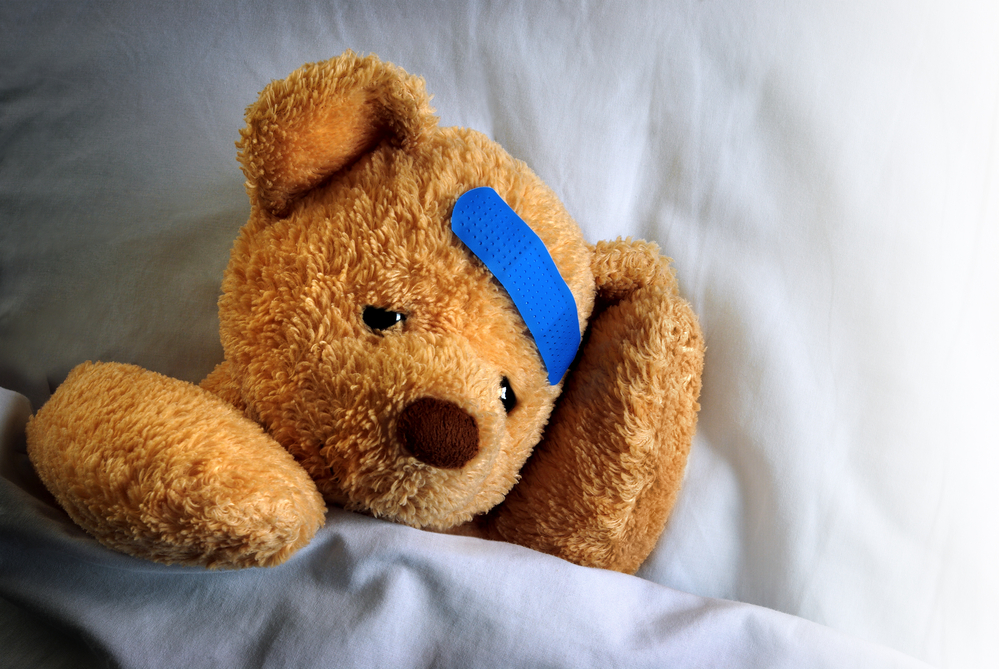
Most of us recognise the throbbing, uncomfortable and distracting pain in the head as a headache.
Headaches are something that most of us would have experienced at least once in our lifetime.
There are many different types of headaches with varying causes and symptoms. Although headaches typically do not last long and are rarely a cause for concern, being able to differentiate the various types of headaches helps us treat it better and alerts us to see a doctor when things seem unusual.
Here, we share information on some of the most common types of headaches and how to treat them.
Read also: Should You Go on a Juice Cleanse at Home? Here’s Everything You Need to Know
7 common types of headaches and what causes them
1. Tension headaches
Tension headaches feel like a dull, aching sensation all over your head. While you don’t feel your head throbbing, there would be tenderness or sensitivity around your neck, forehead, scalp or shoulder muscles.
Tension headaches are often triggered by stress and are often relieved by taking an over-the-counter (OTC) pain reliever such as ibuprofen, aspirin and panadol.
When a tension headache becomes more intense, your doctor may either recommend prescription medication or suggest a different course of action to address the underlying headache trigger.
2. Migraine
A migraine presents itself as an intense pulsing from deep within your head, which can last for days. This type of headache limits your ability to carry out your usual daily routine and people with migraine headaches are often sensitive to light and sound, and experience nausea and vomiting.
For some people, they experience visual disturbances while having a migraine. Better known as an aura, this will disrupt your vision and cause you to see flashing lights, shimmering lights, zigzag lines, stars and/or blind spots.
Migraine headaches might run in your family or they could be linked with other nervous system conditions. It is said that women are three times more likely to develop migraines than men. People with post-traumatic stress disorder also have a higher risk of experiencing migraines.
Like most headaches, OTC pain relievers are used to manage migraine pain. For more severe cases, your doctor might prescribe triptans – which are drugs that decrease inflammation and change the flow of blood within your brain. Triptan comes in the form of nasal sprays, pills and injections.
3. Cluster headaches
Cluster headaches feel like severe burning and piercing pain that concentrates around or behind one eye or on one side of the face. The side that is affected by the headache can sometimes swell, turn red or appear to be flushed. Nasal congestion and tearing of the eye also occur on the same side as the headache.
Cluster headaches occur in a series, with each attack lasting from 15 minutes to three hours. For most people, they will experience one to four headaches a day – usually around the same time each day. After one headache wears off, another will soon follow.
A series of cluster headaches can take place daily for a few months at a time and often affect men.
To treat cluster headaches, your doctor may recommend oxygen therapy or local anaesthetic to relieve the pain. Upon making a diagnosis, your doctor will work with you to develop a plan to prevent these headaches from occurring.
4. Allergy or sinus headaches
Sometimes, headaches happen due to an allergic reaction. The pain from these headaches is focused in your sinus area and in the front area of your head. People who have seasonal allergies or sinusitis are susceptible to these kinds of headaches.
Sinus headaches are treated by thinning the mucus build-up that causes sinus pressure. Nasal steroid sprays, decongestants or antihistamines such as cetirizine may provide some relief.
In more severe cases, a sinus headache can also be a symptom of a sinus infection. Your doctor may prescribe antibiotics to clear the infection and relieve your headache and other symptoms that accompany this condition.
5. Hormone headaches
It is common for women to experience headaches that occur as a result of hormonal fluctuations. Menstruation, birth control pills and pregnancy are common triggers that affect your estrogen levels and can cause a headache.
OTC pain relievers such as naproxen or prescription medications such as frovatripan can help to manage this pain.
Studies have found that approximately 60% of women with migraine are also affected by menstrual migraine. Thus, it is recommended that these women try out alternative remedies to ease their headaches to avoid being over-reliant on medication. Relaxation techniques, yoga, acupuncture and keeping a balanced diet may help to ease the effects of these headaches.
6. Exertion headaches
Exertion headaches happen soon after a session of intense physical activity, such as weight lifting and running. These activities are thought to trigger exertion headaches as they cause increased blood flow to your skull, which can lead to a throbbing headache on both sides of your head.
You do not need to worry too much though – as exertion headaches typically do not last long and usually resolves within a few minutes or hours. Analgesics such as ibuprofen and panadol can help to ease your symptoms.
7. Rebound headaches
Rebound headaches are often known as medication overuse headaches. They can feel like a dull, tension-type headache or the pain may be more intense, much like a migraine.
You may be more prone to rebound headaches if you frequently use OCT pain relievers (i.e. more than 15 days in a month). They are also more common with medications that contain caffeine.
The most effective way to treat rebound headaches is to wean yourself off of the pain control medication. Although the pain may feel terrible at first, it should completely subside within a few days.
In the longer term, you can prevent rebound headaches by taking a preventative daily medicine that does not cause rebound headaches and prevents the headaches from occurring in the first place.
Read also: 9 Things Parents Should Know About TCM for Kids
Now that you know the different types of headaches that commonly happen, you can help your child manage the pain too when he/she experiences them. Do take note to be extra careful when it comes to medication to help your child with his/her headaches. When in doubt, it is best to see your child’s doctor for advice and treatment.























